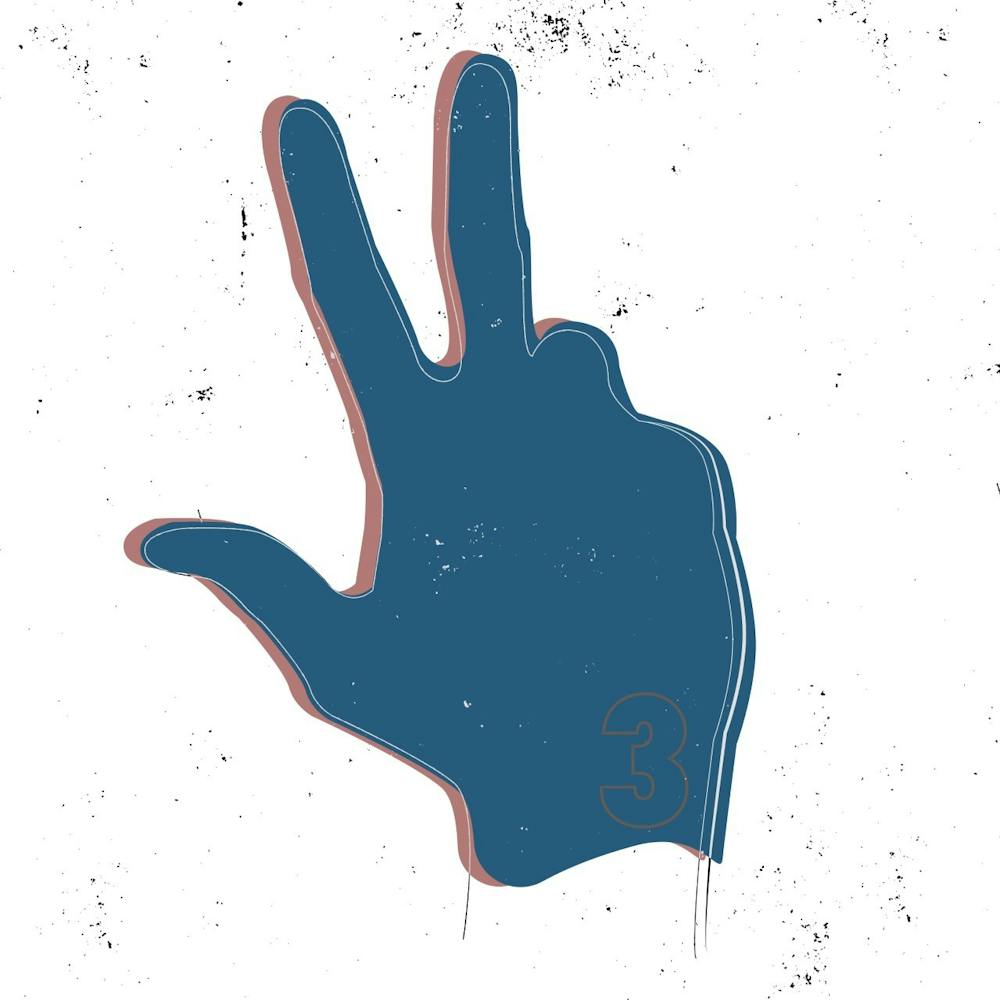The middle child of three, Tyler Hilinski, is described as being compassionate, gentle and caring. On November 3, 2019, at the University of South Carolina’s annual mental health workshop, his father shared stories of his love for others, of times when he was always there for the ones around him; his teammates, classmates, roommate, and so many others.
Tyler was the quarterback at Washington State and had just played an incredible sophomore season, appearing in eight games and throwing for 1,176 yards and seven touchdowns, and most notably dominating the field during the Boise State game, in which Tyler led his team to victory with a three-touchdown comeback into three overtimes.
The Hilinski’s lives changed forever on January 16, 2018, when Tyler took his own life. He never showed any signs of depression or struggle. When a brain autopsy was done, it was later discovered that Tyler suffered from CTE or Chronic Traumatic Encephalopathy, a degenerative disease of the brain found often in athletes with a history of repetitive concussions or blows to the head.
The Hilinski’s took their pain and turned it into action by creating a non-profit organization by the name of Hilinski’s Hope with a mission of breaking down the stigma surrounding mental health. Their mission is to provide and advocate for mental healthcare for athletes and students around the country. On November 3, 2019, the Hilinski’s came to the University of South Carolina to hold the first annual mental health workshop to discuss bystander intervention and to break down the stigma around talking about mental health.
“Programs focus a lot on getting the body right, but you’re going to get a better player when you incorporate the mind, body, and soul into your athletic program,” says Mark Hilinski.
Stressing the importance of this is crucial to the Hilinski’s mission, as seen when they partnered with the NCAA earlier this year. But that isn’t all they’ve been up to. Away from the football field, they’ve partnered with a company called Step Up, a bystander intervention program that provides students with education by reviewing the bystander effect, teaching skills for intervention, using the five decision making steps, and teaching the S.E.E. model (Safe, Early, Effective). The leader of the program, Doug Everhart, demonstrated these techniques at the Hilinksi’s Hope workshop and believes every student can make a difference.
“If we can get people comfortable with the concept of mental illness, and that it's just like any other illness, then we’ll have a much better, open, honest, discussion around it; and then they can get just as normal treatment as physical health,” explains Everhart.
Former University of South Carolina football player, Hayden Hurst, has also spoken out against the stigma surrounding mental health. He claims to have been in a personal battle with depression while working as a professional baseball player for the Pittsburg Pirates, before his college football career. He tweeted with the hashtag, #MentalHealthAwareness, saying:
“Everyone fights their own fight. Just know you aren’t alone! Reach out to someone that is struggling, your words could change a life, or save one.”
Hurst has also started his own mental health foundation, The Hurst Family Foundation. Their mission is to help others find the courage to break down the stigma around mental health and encouraging people to seek help when something is wrong.
Football players, like most athletes, are taught to be mentally tough. They’ve been taught their entire life to push through and be strong, to not show any signs of weakness. But this ideology is especially seen in young men as well.
“There can’t be any punishment or different treatment of the athlete that comes forward. There has to be leadership there. You’ve got to talk about it and be ok with it.” A goal of Hilinski’s Hope is to even the gap between physical and mental health. Mark Hilinski says that you don’t hear whispers when someone has the measles, there shouldn’t be any when we talk about mental health either.
The truth is that many mental health programs are underfunded and struggle to get the resources that students need access to. Part of the lack of resources stems from the stigma surrounding seeking help regarding student’s mental health.
“The resource allocation for mental health and physical health is different and we need to address that, so we’re now talking to Administrators and Athletic Directors so that we’re able to have people available when someone seeks help,” says Mark Hilinski.
UofSC’s health center offers ten free counseling sessions a year as well as walk-in appointments and group sessions. They also have stress management courses and suicide prevention training.



